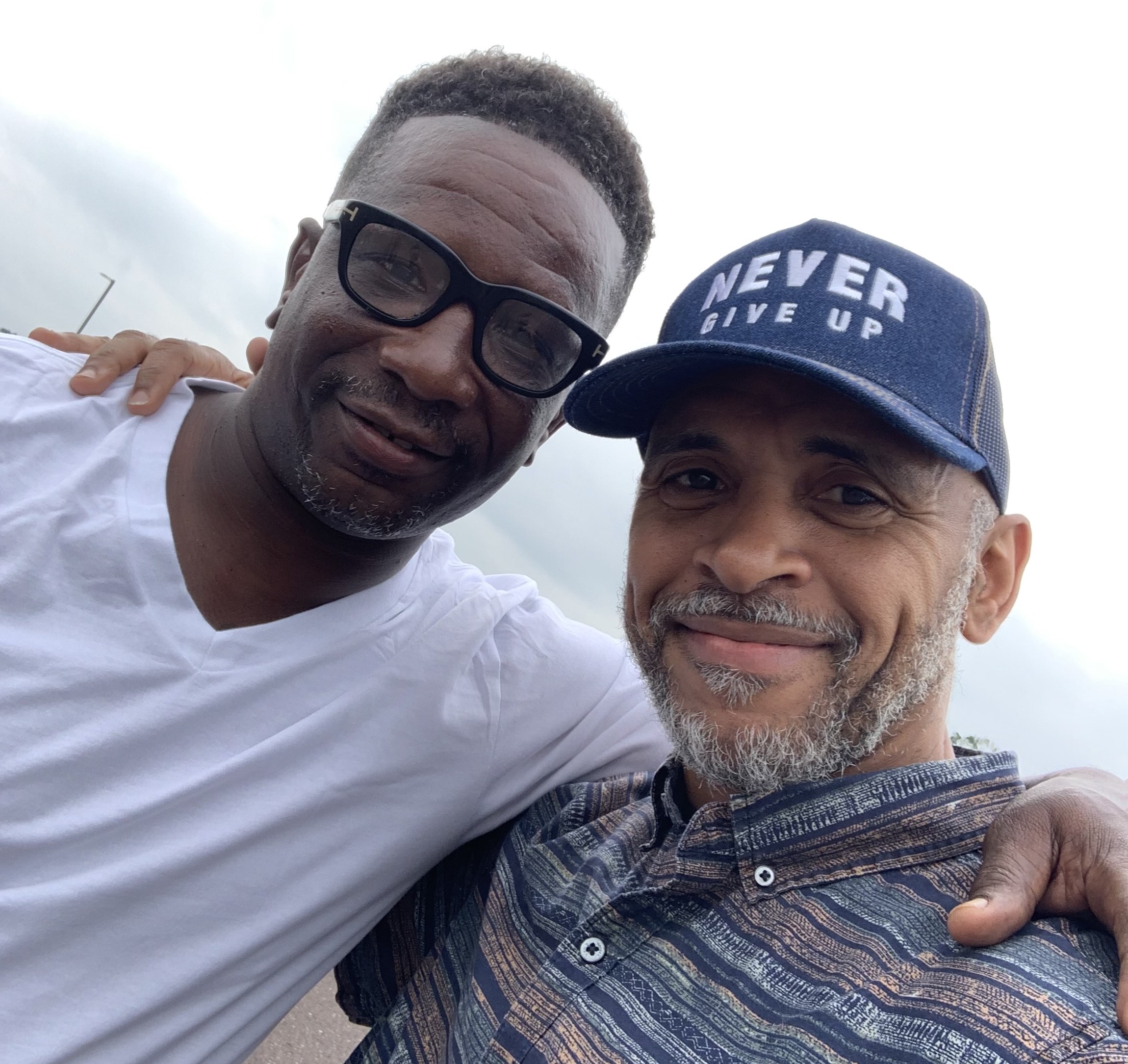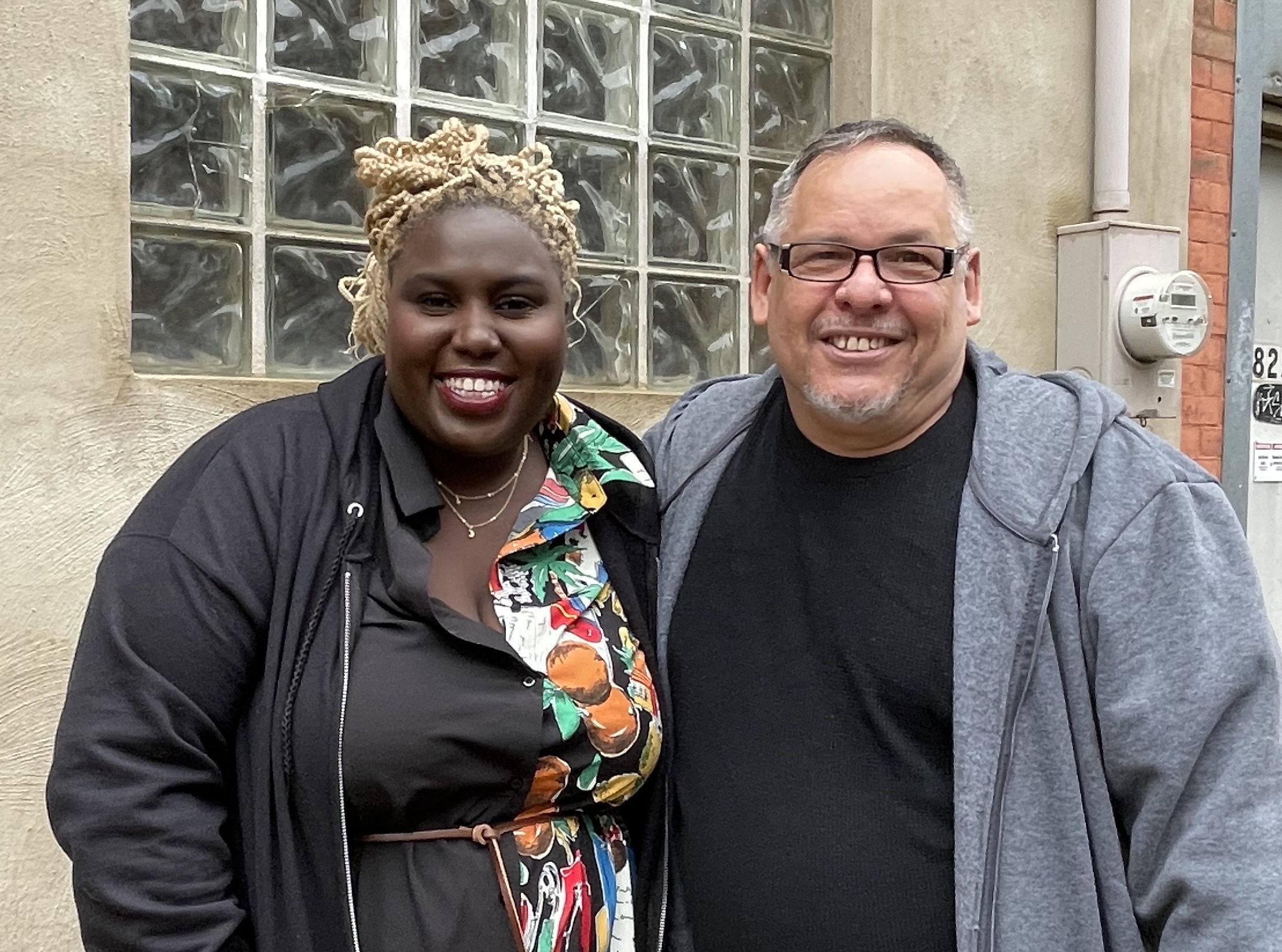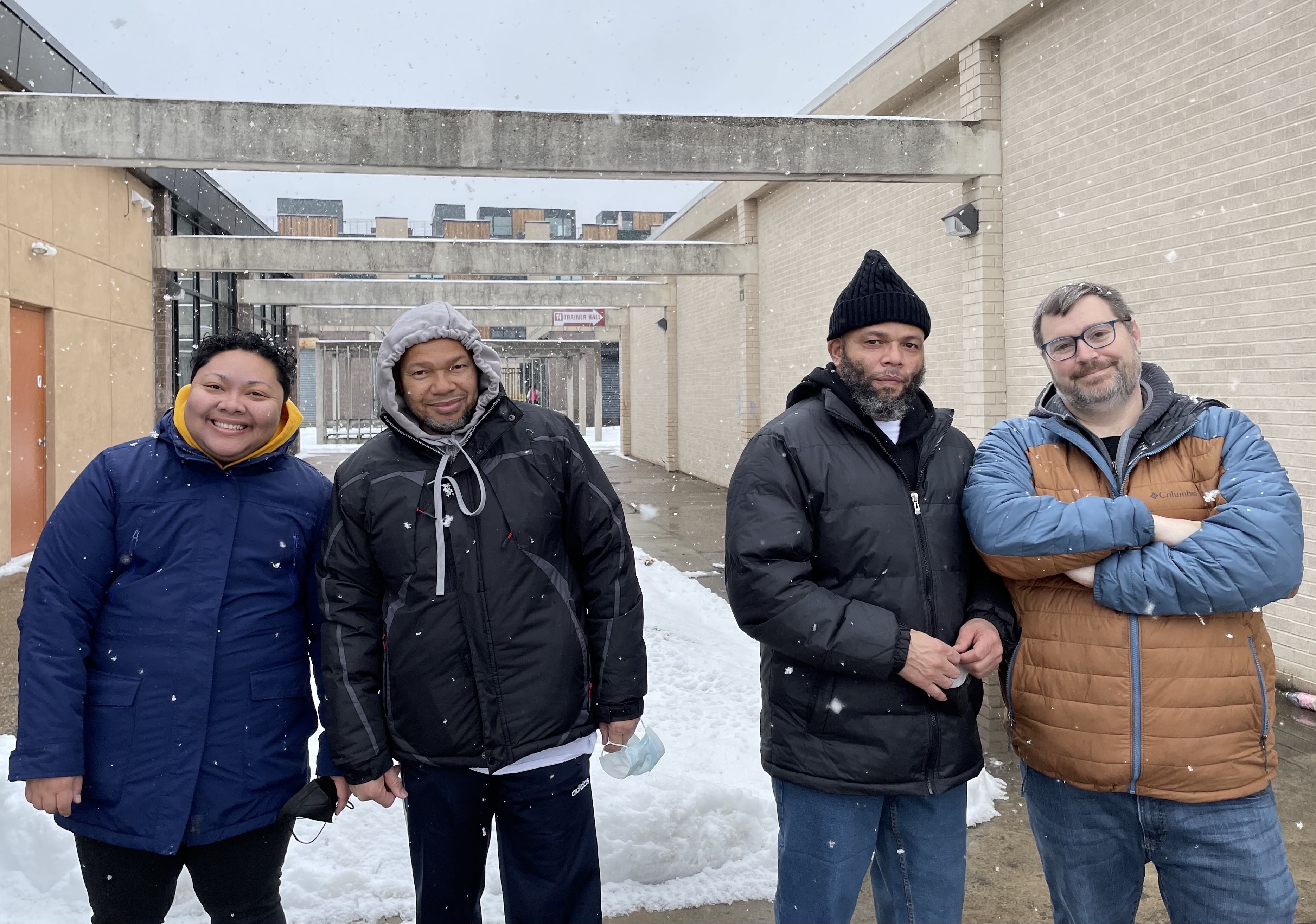Assisting Commutation Clients at the Board of Pardons
In Pennsylvania, the Board of Pardons can sometimes be a pathway home for incarcerated people who have turned around their lives. Before the rise of mass incarceration, dozens of people would have their sentences commuted by the Board of Pardons every year. At the rise of mass incarceration the process was almost completely shut down. While there is still a ways to go to restore the Board’s historic role as a mechanism for mercy and justice it has been a much more hopeful place in recent years. As we have detailed elsewhere we have engaged in significant organizing and advocacy to help bring about this development.
In the full two decades before 2018 only 15 lifers were recommended for commutation, but from 2018 through May 2024 57 people sentenced to life without parole and ‘virtual life’ sentences were recommended for commutation by the Board of Pardons. We have provided substantial assistance to a number people as they fought for their freedom at the Board and as a result 12 of our clients have received commutation and been reunited with their families.

It is not easy to receive a recommendation for commutation from the Board of Pardons. First you must be reviewed by your unit team and by the superintended of the prison where you are incarcerated and they decide whether or not to recommend you for commutation. Afterwards the Department of Corrections as a whole decides whether or not they will support you. Subsequently the Board of Pardons decides whether or not to grant you a public hearing at what is called ‘merit review’. You must receive a majority vote at your merit review hearing from the Board in order to get a public hearing. If granted a public hearing often the District Attorney’s office involved in the case will decide whether or not to recommend or oppose your case. Victims family members will also be reached out to see if they want to write a letter to the Board supporting or opposing your freedom. Both the District Attorney and victims family members have a significant influence on the process. Immediately prior to your public hearing the Board of Pardons will interview you. If you are serving a life without parole sentence you must receive a unanimous vote from the Board of Pardons to receive their recommendation and if you are serving any other kind of sentence you must receive a majority vote. Once receiving the Board of Pardons recommendation the Governor must then sign off on your case for your sentence to be commuted. Given the extremely high standard of the Board and the very thorough process applicants must go through, the Governor almost always signs off on these cases if they reach his desk.
Amistad Law Project assists our commutation clients in a number of ways. We help people refine their applications and counsel them on how to assemble a home plan and plan of employment upon release that can increase their chances of success. We support their family members and friends in gathering letters of support and we host a bi-monthly commutation support space called The Hub for Mercy for people who want to actively support their loved ones case. Most importantly, we help our clients rigorously prepare for their interviews before the Board which are a pivotal and very stressful part of the process. We advocate with district attorney’s offices to support our clients' release. Sometime, when there is an opportunity and when it is appropriate we dialogue with victims families who are open to making a positive recommendation and support them in the process of doing so.
While Amistad Law Project is dedicated to ‘second chance’ reforms that create parole eligibility on scale for people serving longterm and life without parole sentences, we must navigate the systems that currently exist to bring people home from prison. We are dedicated to continue assisting people applying for commutation at the Board of Pardons, because every freedom victory is precious.

“In my 29 years of incarceration, I spent my time working to change myself for the better. Eventually, I applied to have the Board of Pardons commute my life without parole sentence. Amistad Law Project stood by my side throughout the process. They reached out to the Philadelphia District Attorney’s office to advocate that they support my release and also helped me prepare for my interview at the Board of Pardons. In September of 2020, the Board voted unanimously to support my release from prison. Now I’m looking forward to rejoining the community and having a positive impact mentoring young people and working to help those in need.” - Francisco Mojica

“Forty years ago, two brothers participated in the crime that resulted in my father’s death. When I learned that they were going before the Board of Pardons I wanted to advocate for their release, but I needed support. Amistad Law Project was there for me every step of the way--providing guidance and a shoulder to lean on--as I navigated this difficult process.In September of 2020, I testified for the two brothers at a public hearing because I felt they had long since served their time and deserved a second chance. Thankfully, the Board of Pardons voted to allow them to come home. Never forget that we can have a powerful effect when we speak our truths and act with compassion. I’m thankful to Amistad Law Project in supporting me on this journey”- Nancy Leichtner